Why Mexico is a Top Destination for Dental Implants
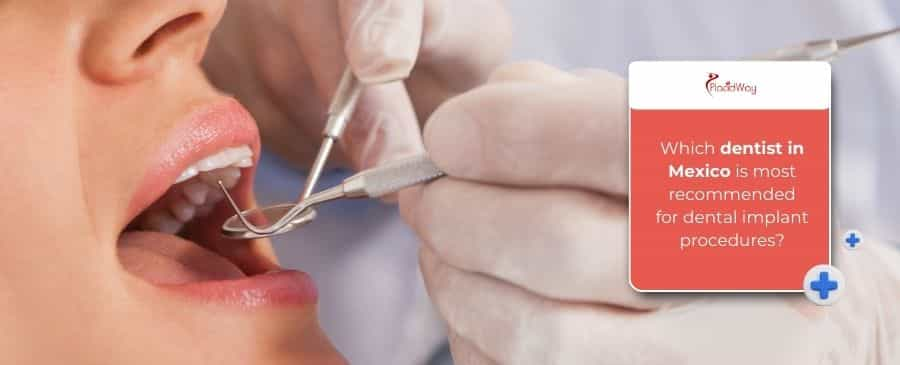
Thinking about getting dental implants in Mexico? You're not alone! Thousands of people from the U.S. and Canada travel south of the border every year seeking high-quality dental care at a fraction of the cost. It’s a smart move for many, especially when considering complex procedures like dental implants, which can be quite expensive in their home countries. But with so many options, how do you figure out which dentist in Mexico is most recommended for dental implant procedures?
Embarking on a dental tourism journey can feel a bit overwhelming, but with the right information, it becomes much simpler. Our goal here is to help you navigate the choices, understand the process, and feel confident in selecting a dentist in Mexico who can provide you with excellent dental implant care. We’ll cover everything from cost and safety to how to choose the right clinic and what to expect during your visit. Get ready to discover why Mexico is a leading destination for achieving a healthy, beautiful smile!
What is the average cost of dental implants in Mexico?
Here’s a general comparison of costs:
| Procedure | Average Cost in Mexico | Average Cost in U.S./Canada |
|---|---|---|
| Single Dental Implant (post, abutment, crown) | $700 - $2,000 | $3,000 - $6,000+ |
| All-on-4 Dental Implants | $7,000 - $15,000 | $15,000 - $30,000+ |
| Bone Grafting | $300 - $800 | $800 - $2,000+ |
These figures highlight why Mexico dental implants are such an attractive option for many patients looking for affordable, high-quality care.
How do I choose the best dentist in Mexico for dental implant procedures?
Selecting the right dentist in Mexico for your dental implant procedures is perhaps the most critical step in your dental tourism journey. While the cost savings are appealing, quality and safety should always be your top priorities. Here’s a comprehensive guide to help you make an informed decision:
- Verify Qualifications and Experience: Look for dentists who specialize in oral surgery or prosthodontics, as these fields directly relate to implant placement and restoration. Inquire about their education, specific training in implantology, and how many implant procedures they have successfully performed. Many top Mexican dentists have received training in the U.S. or Europe.
- Check for International Accreditations: Reputable clinics often hold international accreditations, such as those from the American Dental Association (ADA) or ISO certifications. While not all clinics have these, it indicates a commitment to high standards. Local Mexican dental associations can also provide credentials.
- Read Patient Reviews and Testimonials: Online reviews on Google, Yelp, and specialized dental tourism platforms are invaluable. Look for consistent positive feedback regarding the dentist's skill, the clinic's cleanliness, staff professionalism, and post-procedure care. Be wary of clinics with no reviews or overly perfect, generic ones.
- Review Before-and-After Photos: Many clinics showcase their work through patient case studies or before-and-after photos. This can give you a visual understanding of the dentist's aesthetic and functional results for dental implants.
- Inquire About Technology and Facilities: Modern dental implant procedures benefit greatly from advanced technology like 3D imaging (CBCT scans), digital impression systems, and in-house labs. Ensure the clinic uses up-to-date equipment and maintains high sterilization standards.
- Communication and Language: It’s essential to communicate clearly with your dentist and their team. Many top Mexican dentists and their staff are fluent in English, which can alleviate concerns about misunderstandings regarding your treatment plan or aftercare instructions.
- Transparent Pricing and Guarantees: A reputable clinic will provide a detailed, itemized quote with no hidden fees. Ask about their policies on revisions or guarantees for their dental implant work.
Is it safe to get dental implants in Mexico?
The question of safety is paramount for anyone considering medical or dental procedures abroad. When it comes to dental implants in Mexico, the answer is a resounding "yes, it can be very safe," but with a crucial caveat: you must choose your clinic and dentist in Mexico wisely. Mexico has a robust and highly regulated medical tourism industry, particularly in border towns and popular tourist destinations, where clinics cater specifically to international patients.
Many Mexican dentists who specialize in dental implants are highly trained, often having received education and certifications from prestigious institutions in the U.S. or Europe, in addition to their Mexican qualifications. These clinics frequently invest in cutting-edge technology and materials, comparable to, or sometimes even exceeding, what you might find in dental offices in the U.S. or Canada. They also adhere to strict hygiene and sterilization protocols, which are essential for preventing infections, especially with invasive procedures like implant surgery.
However, like any country, Mexico has a range of dental providers, and not all clinics operate at the same high standard. The risks associated with dental implants anywhere include infection, nerve damage, implant failure, or complications from anesthesia. To mitigate these risks when seeking Mexico dental implants, prioritize clinics that offer:
- Clear evidence of professional licensing and specialization.
- International accreditations or affiliations.
- Positive and consistent patient testimonials and reviews.
- A detailed explanation of the treatment plan, including potential risks and post-operative care instructions.
- A sterile, modern facility with advanced equipment.
- English-speaking staff for clear communication.
By doing your due diligence and selecting a well-established and highly-rated clinic, you can be confident in the safety and quality of your dental implant procedure in Mexico.
What cities in Mexico are best known for dental implants and dental tourism?
When considering dental implants in Mexico, certain cities stand out as premier destinations for dental tourism. These locations have developed strong infrastructures to support international patients, offering not only top-tier dental care but also amenities like English-speaking staff, easy access, and often, tourist attractions. Here are some of the most recommended cities:
- Los Algodones, Baja California (Molar City): Without a doubt, Los Algodones is the most famous dental tourism destination in Mexico. Located just a few miles south of Yuma, Arizona, it boasts the highest concentration of dentists per capita in the world. Patients can literally walk across the border and find dozens of modern clinics offering competitive prices and specialized dental implant procedures. The town is designed for dental tourists, with pharmacies, optometrists, and even curio shops tailored to their needs.
- Tijuana, Baja California: As a major border city with San Diego, California, Tijuana is another hugely popular choice. It offers a vast selection of high-quality dental clinics, many of which are state-of-the-art and staffed by highly trained Mexican dentists specializing in dental implants. Tijuana combines accessibility with a more urban experience, providing a wide range of accommodation and dining options.
- Cancun, Quintana Roo: For those seeking a vacation along with their dental work, Cancun on the Caribbean coast is an excellent option. Known for its beautiful beaches and resorts, Cancun also has a growing number of world-class dental clinics that cater to international patients. While possibly slightly pricier than border towns, it offers a luxurious recovery environment and highly skilled dentists in Mexico.
- Nuevo Laredo, Tamaulipas: Situated across from Laredo, Texas, Nuevo Laredo is another significant border city for dental tourism. It offers similar advantages to Los Algodones and Tijuana in terms of accessibility and cost-effectiveness for dental implants. Many reputable clinics here focus on providing comprehensive dental solutions to American patients.
- Puerto Vallarta, Jalisco: Like Cancun, Puerto Vallarta offers a blend of dental tourism and vacationing. This Pacific coast resort city has a good selection of modern dental clinics, often favored by retirees and snowbirds who spend extended periods in Mexico. The quality of dental implant care here is generally high, matching the city's reputation for quality tourism services.
What is the typical timeline for a dental implant procedure in Mexico?
The timeline for a dental implant procedure is generally a multi-stage process, regardless of where you get it done. In Mexico, the typical timeline is structured to accommodate international patients, often requiring two separate trips. Understanding this timeline is crucial for planning your travel and recovery.
Phase 1: Initial Visit and Implant Placement
- Duration: Typically 3 to 7 days.
- Activities:
- Day 1-2: Consultation and Diagnostics: This involves a thorough examination, X-rays, possibly a CBCT scan, and a discussion of your treatment plan with the dentist in Mexico. Any necessary extractions or bone grafting might also occur.
- Day 2-4: Implant Surgery: The titanium implant post is surgically placed into your jawbone. This procedure is usually done under local anesthesia, sometimes with sedation.
- Day 5-7: Post-operative Check-up: A follow-up appointment to ensure proper healing has begun and to provide detailed aftercare instructions.
- Healing Period (Osseointegration): After the first visit, you'll return home for a healing period that lasts approximately 3 to 6 months. During this time, the implant fuses with your jawbone, a process called osseointegration. This is critical for the long-term stability of the implant.
Phase 2: Second Visit for Abutment and Crown Placement
- Duration: Typically 3 to 7 days.
- Activities:
- Day 1-2: Abutment Placement and Impressions: Once osseointegration is complete, you'll return to the dentist in Mexico. The abutment, a small connector, is attached to the implant, and impressions are taken to custom-make your permanent crown.
- Day 3-5: Crown Fitting: Your custom crown (or bridge/denture for multiple implants) is fabricated and then securely attached to the abutment. Adjustments are made to ensure a perfect fit and bite.
- Day 6-7: Final Check-up: A final review to ensure everything is satisfactory and to provide any remaining care instructions.
Some advanced clinics specializing in Mexico dental implants may offer "immediate load" or "same-day" implants for suitable candidates, where a temporary crown can be placed on the same day as the implant. However, this is not suitable for everyone and careful assessment by your dentist in Mexico is required.
What are the qualifications of dentists performing dental implants in Mexico?
The qualifications of dentists in Mexico who perform dental implants are often a pleasant surprise to international patients. The standard of dental education in Mexico is high, and many leading practitioners pursue further specialization to excel in complex procedures like implantology. Here's a breakdown of their typical qualifications:
- Dental Degree: All licensed dentists in Mexico must first complete a university-level dental program, earning either a Doctor of Dental Surgery (DDS) or Doctor of Dental Medicine (DMD) degree. These programs are rigorous and typically last 4-5 years, similar to those in the U.S. or Canada.
- Specialization in Implantology: While general dentists can perform some implant procedures, the most highly recommended dentists in Mexico for dental implant procedures are often specialists. They pursue additional postgraduate training and certifications in fields such as:
- Oral and Maxillofacial Surgery: These specialists are trained in surgical procedures involving the mouth, jaw, and face, including complex implant placements, bone grafting, and sinus lifts.
- Prosthodontics: Prosthodontists specialize in the restoration and replacement of teeth, making them experts in designing and placing implant crowns, bridges, and dentures.
- Periodontics: Periodontists focus on the health of gums and bone supporting the teeth, which is critical for the long-term success of dental implants.
- International Training and Certifications: A significant number of top Mexican dentists enhance their expertise by completing fellowships, residencies, or continuing education courses in the United States, Canada, or Europe. They often participate in international dental conferences and are certified by global organizations, keeping them abreast of the latest techniques and technologies in dental implantology.
- Professional Associations: Reputable dentists in Mexico are typically members of national and sometimes international dental associations, such as the Mexican Dental Association (Asociación Dental Mexicana - ADM), the American Dental Association (ADA), or the International Congress of Oral Implantologists (ICOI). Membership in these organizations often indicates a commitment to ethical practice and ongoing professional development.
When selecting a dentist in Mexico for your dental implants, always ask about their specific qualifications, specializations, and years of experience with implant cases. A transparent and qualified dentist will be happy to provide this information, reassuring you of their expertise.
What should I expect during the initial consultation for dental implants in Mexico?
Your initial consultation for dental implants in Mexico is a crucial first step, setting the stage for your entire treatment journey. It's an opportunity for your chosen dentist in Mexico to thoroughly assess your oral health and for you to ask all your questions. Here’s what you should expect:
- Comprehensive Oral Examination: The dentist will perform a detailed examination of your teeth, gums, and overall oral cavity. They will check for signs of decay, gum disease, and assess the condition of your existing teeth.
- Diagnostic Imaging: This is a critical part of planning for dental implants. You can expect:
- Digital X-rays: Standard X-rays provide an overview of your teeth and jawbone structure.
- 3D Cone Beam Computed Tomography (CBCT) Scan: Many modern clinics use CBCT scans, which provide a highly detailed, three-dimensional view of your bone density, nerve pathways, and sinus cavities. This allows the dentist in Mexico to precisely plan the optimal placement of your dental implants, avoiding vital structures.
- Medical History Review: You will be asked about your general health, any medications you are taking, allergies, and existing medical conditions. This information is vital as certain health issues (like uncontrolled diabetes or severe osteoporosis) can affect the success rate of dental implants.
- Discussion of Treatment Goals and Options: Based on the examination and scans, the dentist will discuss whether you are a suitable candidate for dental implants. They will explain the various implant options (single implant, implant-supported bridge, All-on-4, etc.) and recommend the best approach for your specific needs and desired outcomes. This is your chance to voice your concerns and preferences.
- Personalized Treatment Plan and Cost Estimate: You will receive a detailed, step-by-step treatment plan outlining the proposed procedures, the timeline, and all associated costs. A reputable clinic will provide an itemized quote, ensuring full transparency with no hidden fees for your Mexico dental implants.
- Opportunity for Questions: Don't hesitate to ask questions about the procedure, recovery, pain management, success rates, and the dentist's experience with dental implants. A good dentist in Mexico will take the time to answer all your queries comprehensively.
This initial consultation is designed to ensure both you and the dentist in Mexico are fully aligned on the path forward for your dental implant procedure, giving you peace of mind before you proceed.
What are the potential risks and complications of dental implants?
While dental implant procedures have a very high success rate (often over 95%), it’s important to be aware of potential risks and complications, just as you would with any surgical procedure. A reputable dentist in Mexico will thoroughly discuss these with you during your consultation. Understanding these possibilities can help you make an informed decision and prepare for post-operative care.
Here are some of the potential risks and complications associated with dental implants:
- Infection at the Implant Site: Although rare with proper sterilization, bacteria can sometimes infect the area around the implant during or after surgery. Symptoms include pain, swelling, and pus. This risk is minimized by following strict hygiene protocols and taking prescribed antibiotics.
- Nerve Damage: If the implant is placed too close to a nerve, it can cause numbness, tingling, or pain in the natural teeth, gums, lips, or chin. This complication is largely avoided with meticulous planning using 3D imaging (CBCT scans) by an experienced dentist in Mexico.
- Sinus Problems: For implants placed in the upper jaw, if the implant protrudes into the sinus cavity, it can cause sinus inflammation or infection. A sinus lift procedure, performed before or during implant placement, is often used to prevent this issue.
- Implant Failure (Osseointegration Failure): This occurs when the implant fails to properly fuse with the jawbone. Factors contributing to failure can include poor bone quality, excessive pressure on the implant during healing, smoking, certain medical conditions (like uncontrolled diabetes), or a rare allergic reaction to the titanium.
- Peri-implantitis: Similar to gum disease, peri-implantitis is an inflammatory condition affecting the tissues surrounding a dental implant, which can lead to bone loss and eventual implant failure if left untreated. Good oral hygiene and regular dental check-ups are key to preventing this.
- Damage to Surrounding Structures: During surgery, there's a small risk of damaging nearby natural teeth or blood vessels. Again, precise planning and skilled execution by your dentist in Mexico greatly reduce this risk.
- Anesthesia Complications: As with any procedure involving anesthesia, there's a minor risk of adverse reactions, though severe complications are extremely rare, especially with local anesthesia.
It’s important to remember that these complications are uncommon, particularly when you choose a highly qualified and experienced dentist in Mexico who adheres to international standards. Following your dentist's post-operative instructions carefully is also critical for a smooth recovery and successful outcome for your Mexico dental implants.
How long do dental implants from Mexico typically last?
One of the most appealing aspects of dental implants is their potential for long-term durability. When performed correctly by an experienced dentist in Mexico using quality materials, dental implants from Mexico can last for many years, often for a lifetime. The longevity of a dental implant is comparable to implants placed in the U.S. or Canada, primarily because the underlying biological process (osseointegration) and the materials used are the same globally.
The implant post itself, which is typically made of biocompatible titanium, is designed to fuse with your jawbone and become a permanent fixture. With proper care, the titanium post rarely needs replacement. The components that might need attention over time are the crown, bridge, or denture that sits on top of the implant. Here's a breakdown:
- Implant Post (Titanium): This component has the longest lifespan. With good oral hygiene and regular check-ups, the titanium post can last 20 years, 30 years, or even a lifetime. Its success largely depends on strong bone integration and the absence of peri-implantitis (gum disease around the implant).
- Abutment: The abutment connects the implant post to the crown. It is also designed for long-term use and usually lasts as long as the implant post, though it can sometimes loosen and require tightening or replacement.
- Crown/Bridge/Denture: The visible part of the dental implant system. Crowns are typically made from porcelain or ceramic and, like natural teeth, can wear down, chip, or fracture over time. On average, a well-cared-for implant crown can last 10 to 15 years, or even longer. Replacing just the crown is a much simpler and less invasive procedure than replacing the entire implant.
Key factors that contribute to the longevity of your dental implants from Mexico include:
- Skill of the Dentist: A dentist in Mexico with extensive experience in implantology will ensure proper placement and appropriate planning, which is crucial for long-term success.
- Quality of Materials: Reputable clinics in Mexico use high-quality, internationally recognized implant systems and crown materials.
- Oral Hygiene: Diligent brushing, flossing, and using mouthwash are essential to prevent gum disease and peri-implantitis around your implants.
- Regular Dental Check-ups: Visiting your dentist regularly (at least once a year) for professional cleanings and examinations allows them to monitor your implants and address any issues early.
- Lifestyle Factors: Smoking, excessive alcohol consumption, and teeth grinding (bruxism) can negatively impact implant longevity.
By investing in a highly recommended dentist in Mexico for dental implant procedures and committing to excellent post-operative care, you can expect your Mexico dental implants to provide a beautiful, functional smile for a very long time.
What documents and preparations are needed for dental tourism to Mexico for implants?
Planning for dental tourism to Mexico for dental implants involves more than just selecting a dentist in Mexico. Proper preparation ensures a smooth and stress-free trip. Here’s a checklist of documents and preparations you’ll need:
Essential Documents:
- Valid Passport or Passport Card:
- For U.S. citizens, a valid passport is required for air travel to Mexico. For land crossings, a U.S. Passport Card is often sufficient, especially for border towns like Los Algodones or Tijuana. Always check the latest requirements from the U.S. State Department or Canadian government.
- Ensure your passport is valid for at least six months beyond your planned return date.
- Entry Permit (FMM): If traveling beyond the immediate border zone or staying for more than 7 days, you will likely need a Forma Migratoria Múltiple (FMM), which can be obtained at the border or from your airline.
- Medical History and Records:
- Bring copies of your relevant medical history, including a list of current medications, allergies, and any chronic health conditions.
- If you have recent dental X-rays, CT scans, or a detailed treatment plan from a previous dentist, bring these along. This can save time and reduce duplicate diagnostics.
- Contact Information: Have the contact details of your chosen dentist in Mexico, the clinic, and your accommodation readily available.
- Proof of Return Travel: While not always requested at land crossings, having proof of your return flight or onward travel can be helpful.
Financial and Travel Preparations:
- Notify Your Bank/Credit Card Companies: Inform them of your travel dates to Mexico to avoid any holds or fraud alerts on your cards when making purchases.
- Currency: While many clinics in dental tourism hubs accept U.S. dollars, it’s wise to have some Mexican pesos for smaller purchases. Many clinics also accept major credit cards.
- Transportation:
- Border Crossings: For Los Algodones or Tijuana, you might park on the U.S. side and walk across. Many clinics offer shuttles from the border parking lots.
- Air Travel: Arrange airport transfers to your hotel and then to the clinic. Many clinics offer assistance with transportation or can recommend reliable services.
- Accommodation: Book your hotel or lodging in advance, ensuring it's conveniently located near your clinic and offers comfortable amenities for recovery.
- Travel Insurance: Consider purchasing travel insurance that includes medical coverage, just in case of unforeseen circumstances or emergencies, although this is separate from your dental implant procedure costs.
By meticulously preparing these documents and making necessary arrangements, your dental tourism to Mexico for dental implants can be a smooth and rewarding experience.
Ready to explore top-rated clinics and experienced dentists in Mexico for your dental implant procedures? Visit PlacidWay today to connect with leading international healthcare providers and find the perfect solution for your dental needs!


.png)
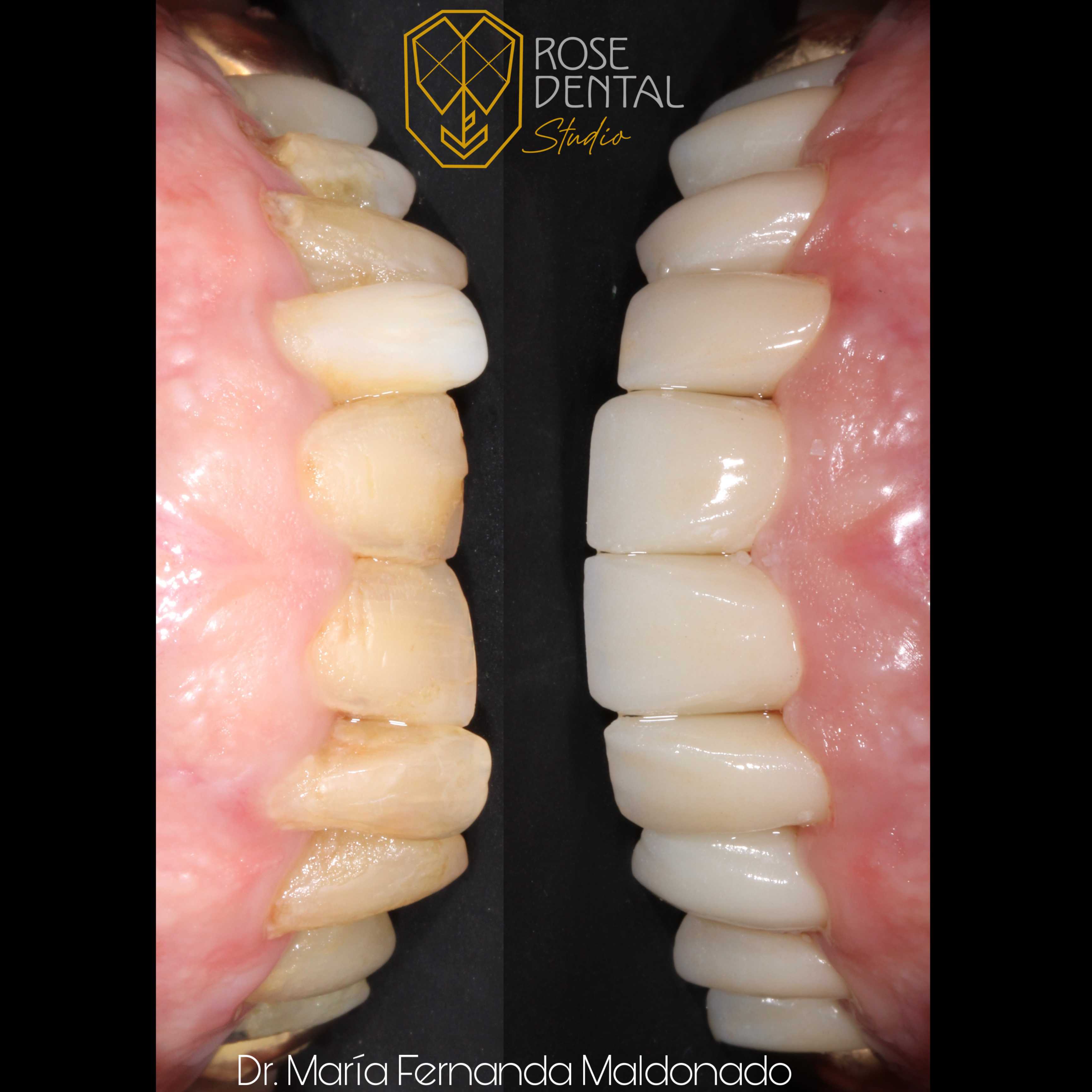







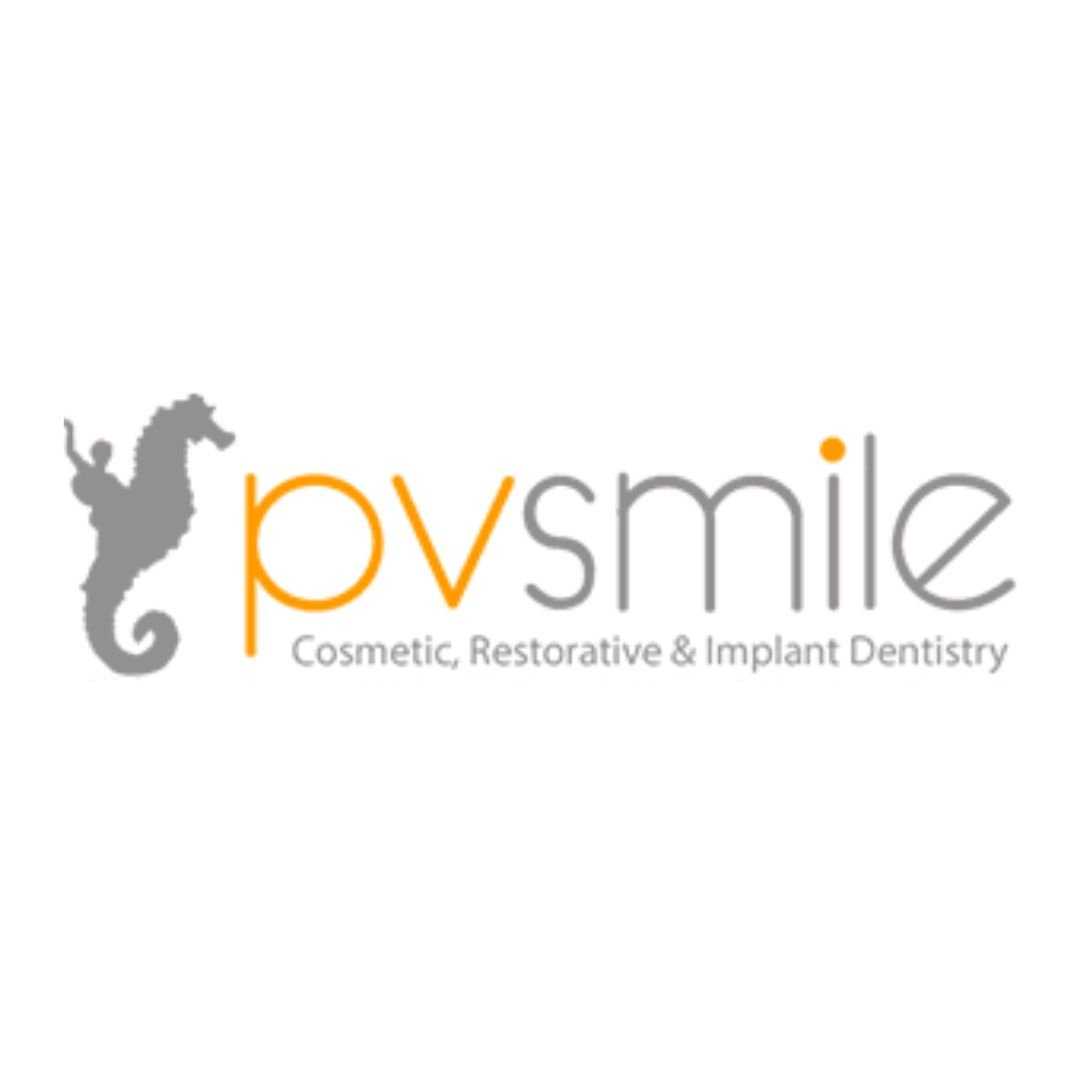
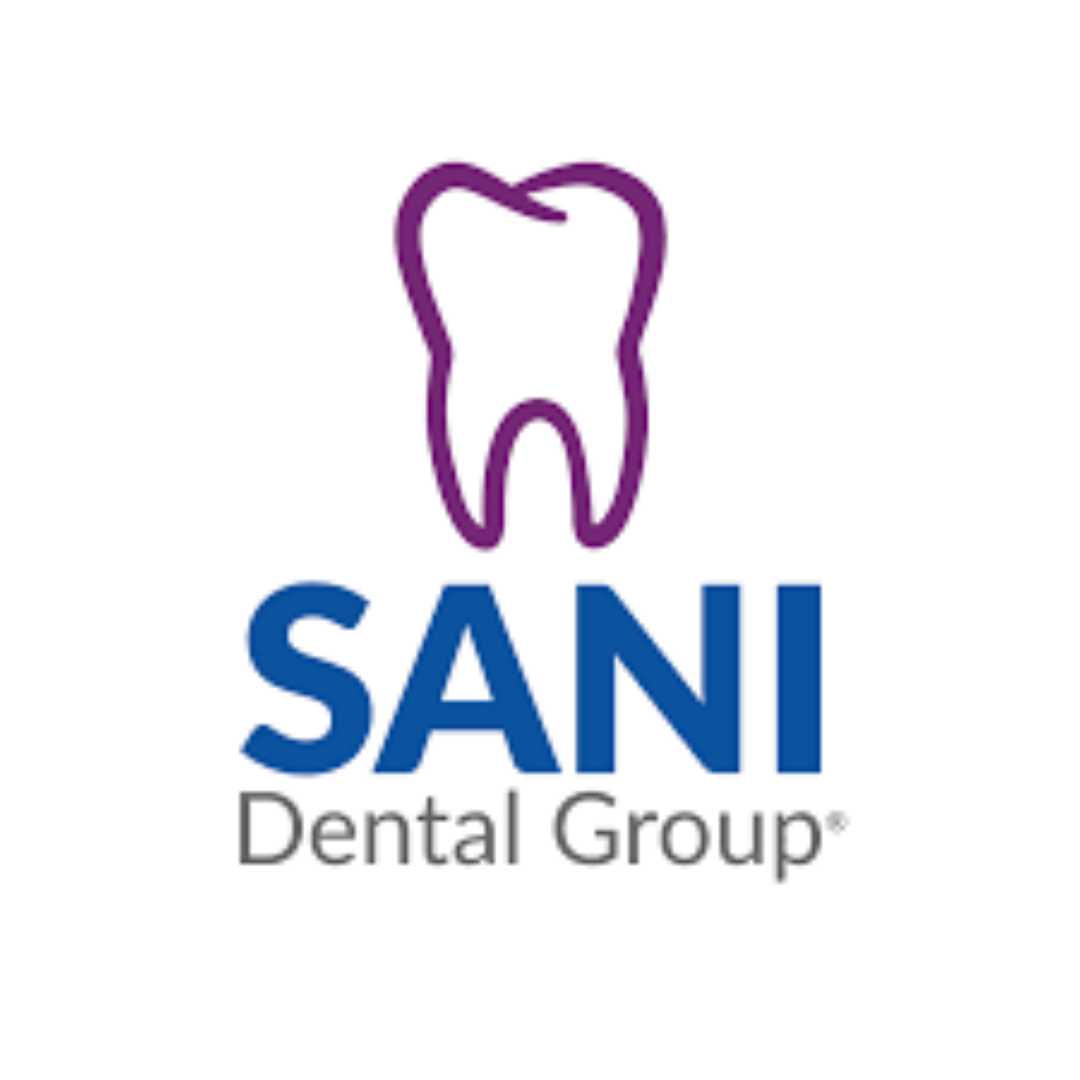

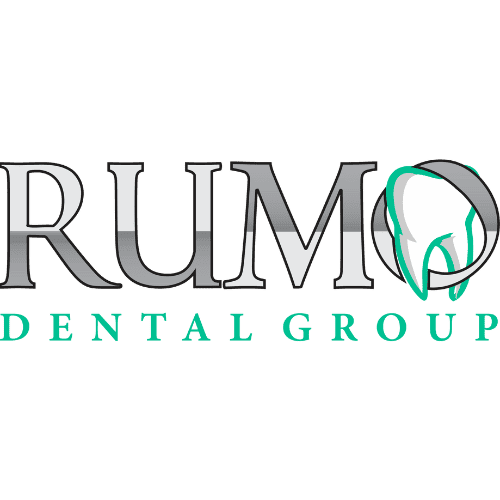


Share this listing